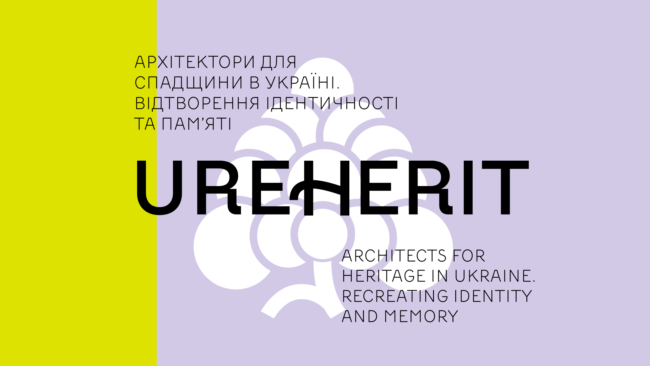The intensification of discourse on urban reconstruction, coupled with the growing body of research on the vulnerabilities of contemporary cities, stems from the challenges of a globalized world. The profound transformations at the turn of the 20th and 21st centuries—characterized in literature as an era of uncertainty, turbulence, and constant change—present experts and urban communities with a renewed challenge: how to preserve, adapt, and breathe new life into existing infrastructure while harmonizing the “old” and the “new” to improve urban quality of life.
Traditional approaches to heritage preservation prove insufficient in addressing the realities of global conflict, which now extends beyond battlefields and into urban centers, and the escalating threats of climate catastrophe. Classical arguments for preserving heritage based on historical, identity, and aesthetic value have given way to more urgent considerations, including ecological efficiency, economic prosperity, social cohesion, and psychological well-being. Among ongoing efforts to develop effective integrated urban development strategies, heritage occupies an increasingly central role. It is particularly critical for post-war community recovery, where it can either serve as a means of reconciliation and identity formation or exacerbate existing or new conflicts within communities.
The semester course “Critical Reconstruction and Heritage”, designed for senior undergraduate architecture students, has two primary objectives:
- To introduce students to contemporary debates on integrated conservation, highlighting modern approaches to critical reconstruction, heritage studies, and memory studies within the context of 20th- and 21st-century post-conflict societies.
- To critically analyze reconstruction case studies, enabling students to consolidate theoretical knowledge while developing practical skills to apply critical reconstruction approaches and tools in their own heritage redevelopment projects during studio work.
The course combines lectures and seminars. The lecture series is divided into three thematic blocks: Conceptualizing Heritage, Reconstruction and Recovery, and Heritage Management. The seminars aim to cultivate students’ abilities to critically evaluate completed reconstruction projects, adaptive reuse practices, and to apply integrated conservation methodologies in their analyses.
Thematic explorations of history, identity, and memory are interwoven into lectures and seminar discussions. Another overarching theme addresses the role of architects in reconstruction processes. The former provides students with the knowledge and skills to engage with the memory and trauma of historical sites, while the latter helps them define their roles in heritage-related projects.
In the spring semester of 2024, the course was piloted with third-year students at the Kharkiv School of Architecture. The students applied theoretical insights from the course to their reconstruction projects of industrial heritage, specifically the former REMA Factory (Lviv Radio and Electrical Medical Equipment Plant) located in the historic Pidzamche district of Lviv.
This core course is being developed as part of the international project “UREHERIT: Architects for Heritage in Ukraine. Recreating Identity and Memory,” co-funded by the European Union’s Creative Europe program.

